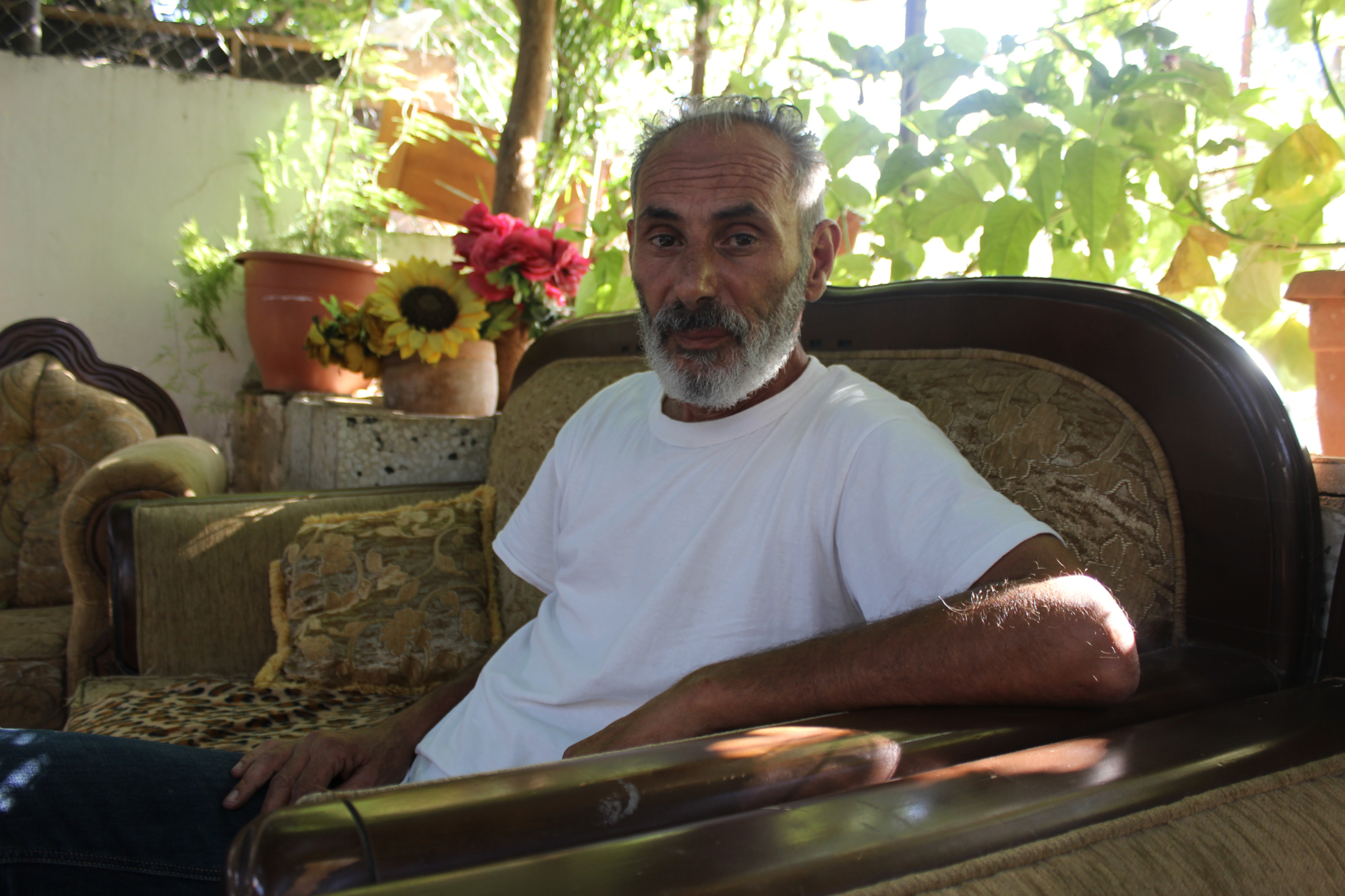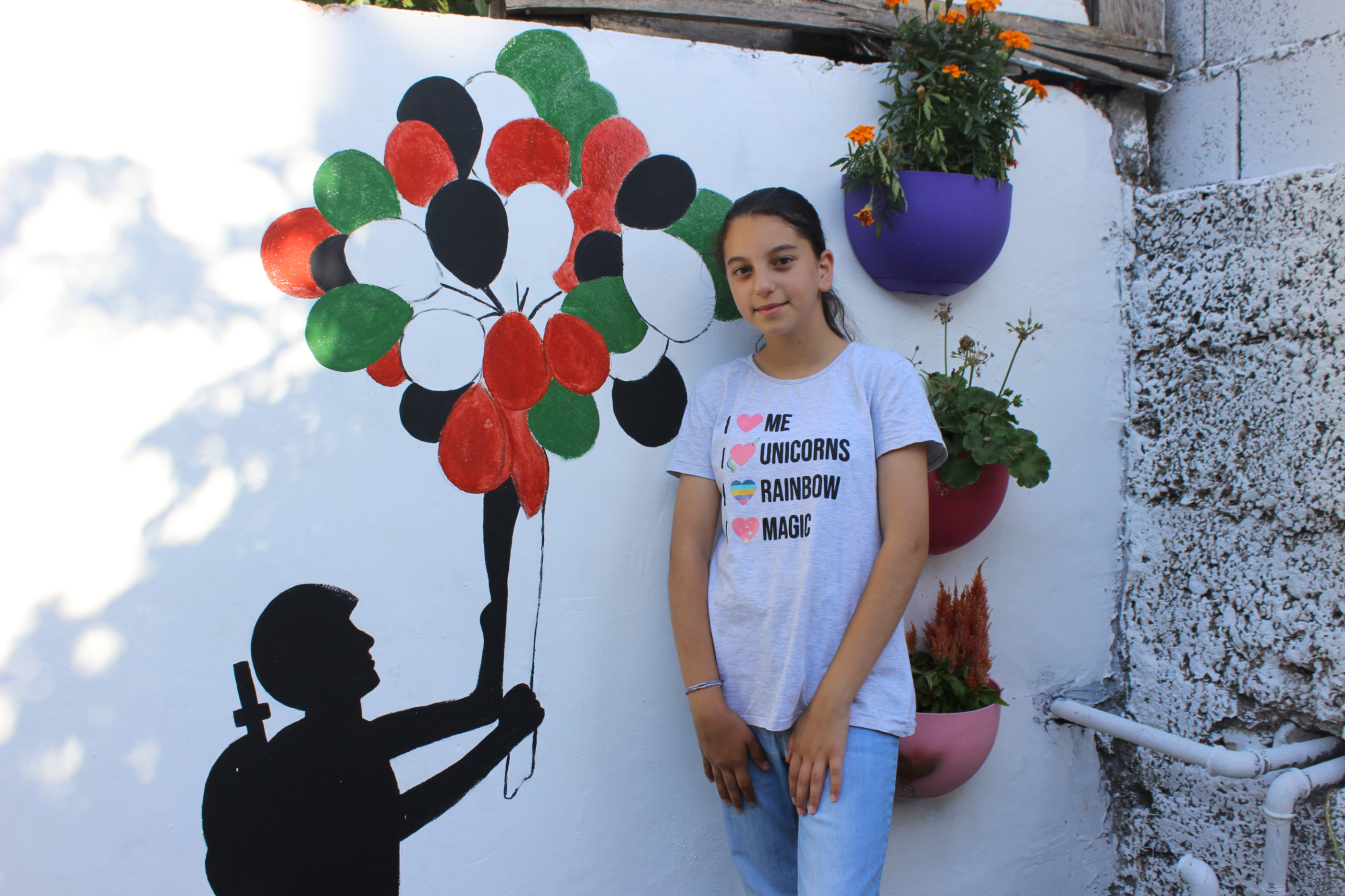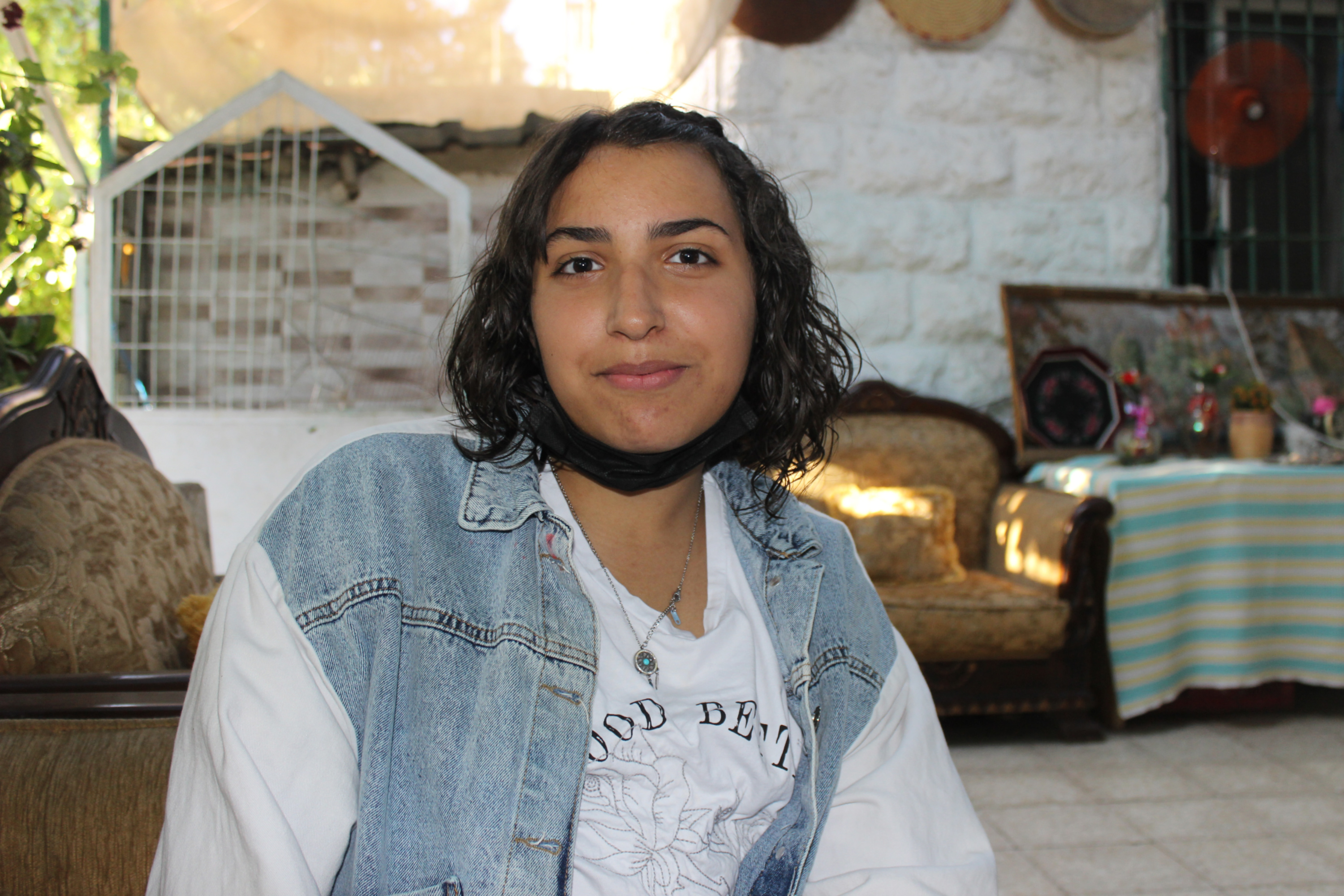BY DOMINICK MASTRANGELO - 07/06/21
Journalist Nikole Hannah-Jones on Tuesday announced she has decided to reject an offer to serve as the chair of the journalism department at the University of North Carolina, and that she will take a similar position at Howard University.
The decision follows a massive controversy at the North Carolina school, which initially did not offer Hannah-Jones tenure.
"It's a very difficult decision, not one I wanted to make," she told Gayle King on "CBS This Morning."
Hannah-Jones said she will serve as the inaugural Knight chair in race and reporting at Howard, a historically Black university in Washington, D.C.
University of North Carolina-Chapel Hill trustees last week voted to approve tenure for the New York Times Magazine journalist after a broad backlash against their initial decision.
The move to at first deny her tenure came after conservative groups complained about her involvement in the creation of the Times’s 1619 Project.
“Today’s outcome and the actions of the past month are about more than just me," Hannah-Jones said when UNC approved tenure for her.
"This fight is about ensuring the journalistic and academic freedom of Black writers, researchers, teachers, and students. We must ensure that our work is protected and able to proceed free from the risk of repercussions, and we are not there yet. These last weeks have been very challenging and difficult and I need to take some time to process all that has occurred and determine what is the best way forward."
On Tuesday, Hannah-Jones said that "to be denied it, and to only be granted tenure on the last possible day at the last possible moment after legal action, after weeks of protests, after it became a national scandal, it's just not something I wanted anymore."
Hannah-Jones initially accepted a teaching position at UNC without tenure, but said it was "embarrassing to be the first person [to serve as chair] to be denied tenure," and added she never wanted to create a national scandal over her hiring and tenure status.
"This has not become public because of anything I did," she said, noting that she was the first Black person to be tapped as chair of the department at UNC.
In a statement issued through the NAACP Legal Defense Fund, Hannah Jones criticized UNC for the way she said she was treated through the hiring and tenure approval process.
“I was the first Black Knight Chair at UNC since the position was founded and the only one to be appointed without tenure. I would come to learn that not only had there been political interference, but the school’s top donor had been lobbying against me and questioning my credentials and integrity as a journalist," Hannah Jones said.
"I was determined to remain silent and to not comment to the press or to engage in the controversy, even as the man whose name is on the school of journalism where I would work continuously impugned my character and my work in the media, even going as far as to question whether I am a Black separatist," she continued.
“These last few weeks have been very dark. To be treated so shabbily by my alma mater, by a university that has given me so much and which I only sought to give back to, has been deeply painful."
She called the pushback on her appointment and fight for tenure a "dangerous attack on academic freedom," saying the UNC administration "sought to punish me for the nature of my work, attacks that Black and marginalized faculty face all across the country."
Ta-Nehisi Coates to join Howard University faculty
Democratic strategist Joe Trippi to join Lincoln Project
Also on Tuesday, Howard University announced journalist Ta-Nehisi Coates would be joining the school's faculty.
“That really is the community that made me,” Coates, who attended Howard, told The Washington Post. “I would not be who I am without the faculty at Howard.”
Updated 10:46 a.m.














 FI
FI